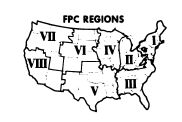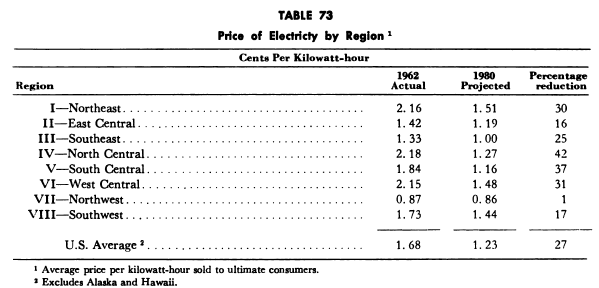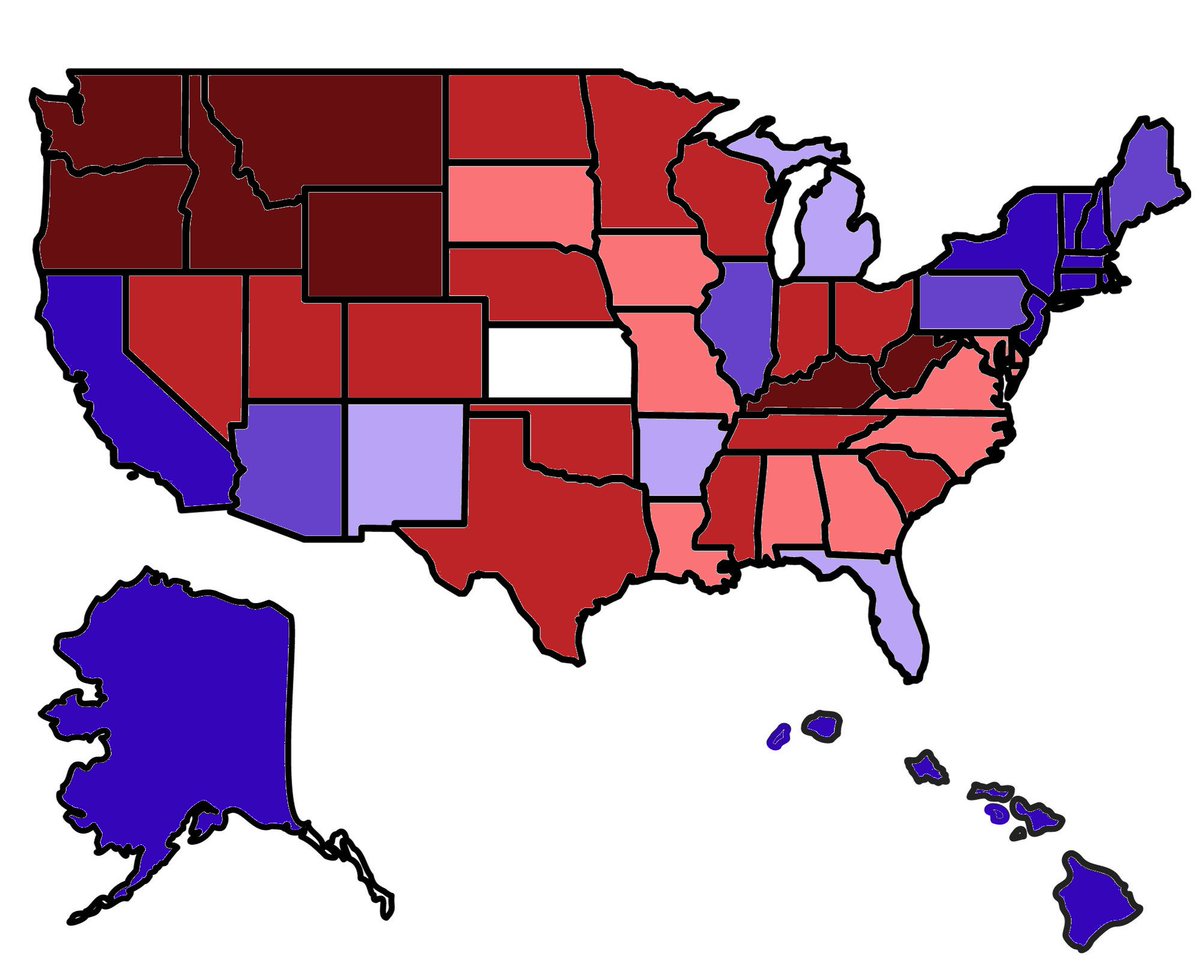On Friday, parties challenging FERC Order No. 841 filed non-binding statements of issues to be raised in the litigation. APPA, NRECA, EEI, and AMP (utilities) filed jointly, NARUC filed its own statement. The two filings are similar, but the utilities's filing is more succinct:
Issue 1: Did FERC act in excess of its statutory authority by deciding that it alone has jurisdiction to determine whether energy storage resources located on a distribution line or behind a retail meter may participate in wholesale electric markets?
Issue 2: Because of the impact of the Order 841 on the reliability, operations, and costs of local distribution systems and retail electric service, and because the FPA reserves these matters for state and local regulation [1/2]
[Issue 2, cont] did FERC act arbitrarily and capriciously, abuse its discretion, or otherwise act not in accordance with law by declining to give States an opportunity to opt out of the energy storage resource participation model created by the Order 841?
Issue 1 is about FERC's authority under federal law. Utilities are asking the court to draw a line that prohibits FERC from approving RTO tariffs that set rates for DERs, unless a local regulator permits DERs to participate in wholesale markets.
A FERC loss on Issue 1 will have repercussions for DER participation in wholesale markets. A broad ruling by the court could doom FERC's proposed DER aggregation rule. A narrower ruling might limit any future DER rule to states that are "wholesale DER friendly"
A FERC loss on Issue 2 would effectively remand distribution-level storage's participation back to FERC. FERC could issue an order that draws from the existing record to more fully explain why it's not providing an opt out. Or it could take comments on the issue first.
Whether or not there is an appetite at FERC to do either of those things will depend on who is sitting on the Commission. A loss on Issue 2 could have the effect of killing wholesale storage or DERs, even though it wouldn't change FERC's legal authority.
Correction to earlier Tweet: this lawsuit won't kill "wholesale storage." Order 841 is almost entirely safe and the only aspect challenged here is about distribution-level storage and whether FERC can require RTOs to accept bids from such resources.
• • •
Missing some Tweet in this thread? You can try to
force a refresh








